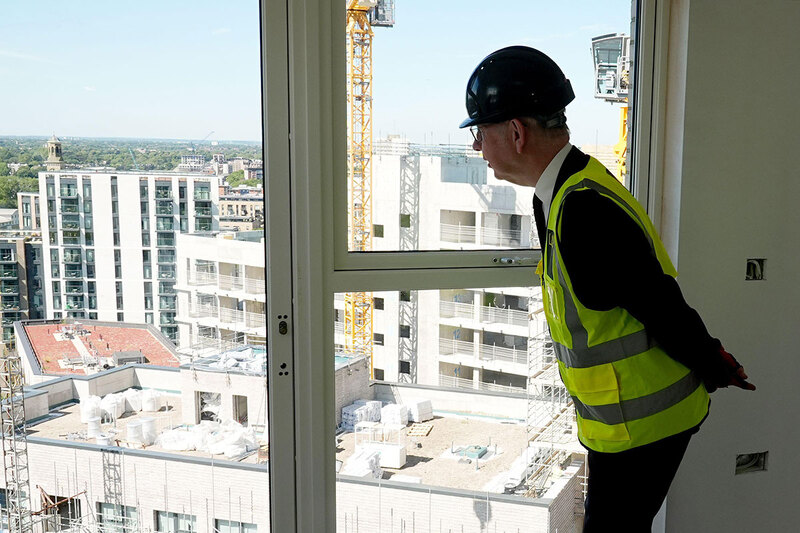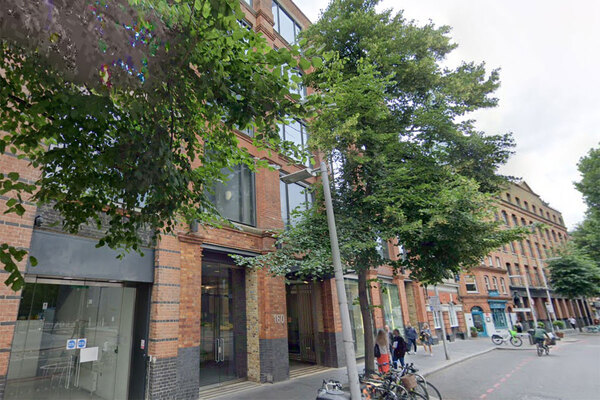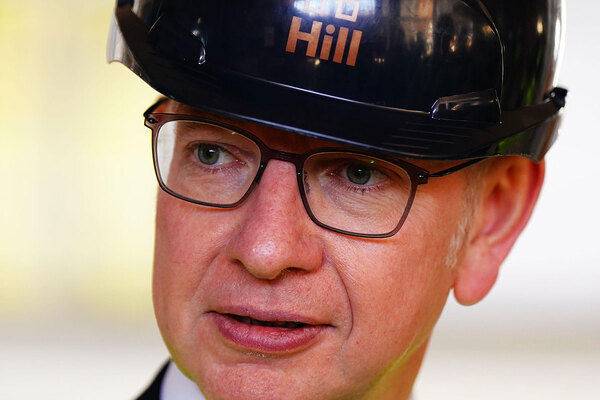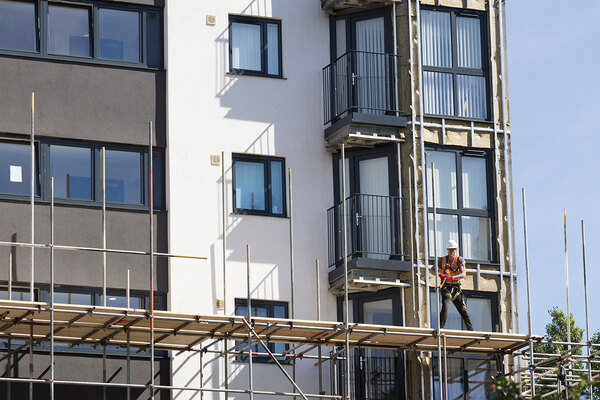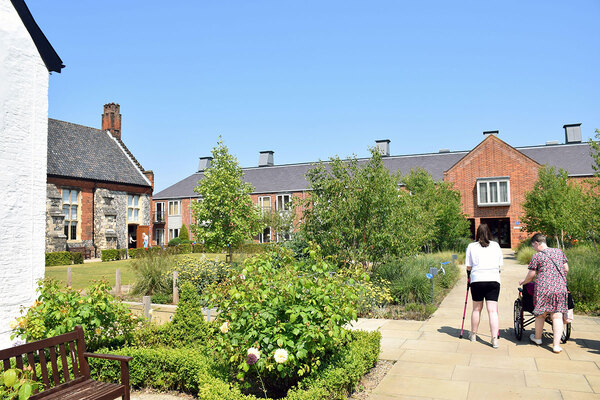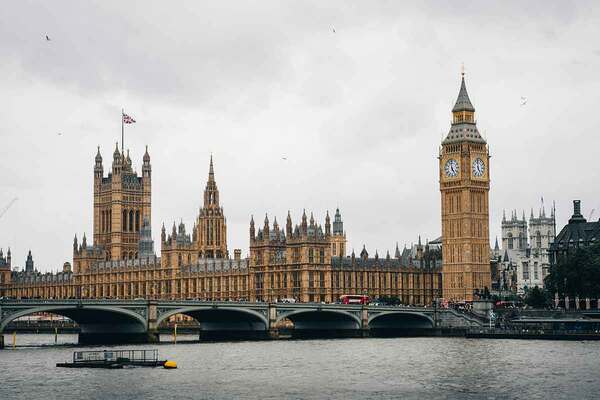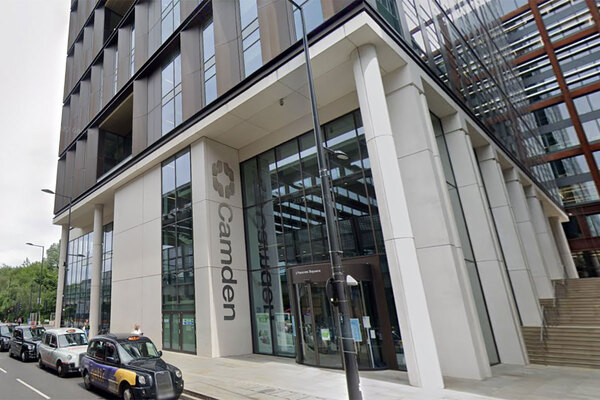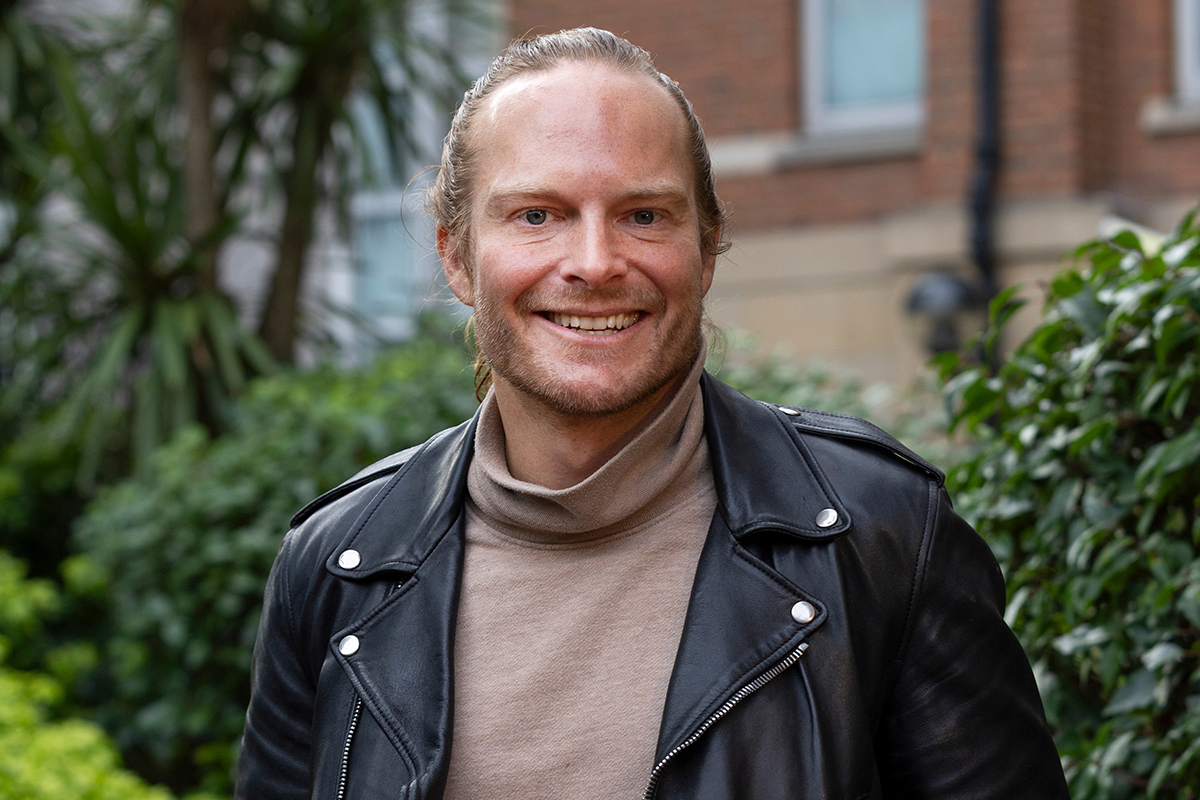The Week in Housing: Gove defends stalled renters reform as Labour pledges immediate Section 21 ban
The Week in Housing is our weekly newsletter, rounding up the most important headlines for housing professionals. Sign up below to get it direct to your inbox every Friday
Good afternoon.
The week after the publication of the manifestos began saw more detail on reforming the private rented sector from the Labour Party.
If elected, Labour confirmed it will immediately ban Section 21 ‘no-fault’ evictions, introduce legal protection for renters, put an end to ‘rental bidding wars’ and bring in a cap on the amount of rent requested upfront for rental properties.
Following this pledge, housing secretary Michael Gove explained why the Leasehold and Freehold Reform Bill was prioritised before the election and recommitted to his ambition of 30,000 social rent homes.
Part of his reasoning was that his leasehold legislation was “more complex” and would have taken “far longer” to pass if it was sent “back to square one”.
Launching its manifesto this week, the Scottish National Party will push for the UK government to devolve housing benefits to expand the delivery of social housing.
The party said it would call for the UK government to devolve housing benefit and Local Housing Allowance, which will “allow the Scottish government to take an innovative approach to tackle child poverty, expand the delivery of social housing and to help fund and encourage investment in housebuilding”.
The previous week, Plaid Cymru’s manifesto committed to delivering a “significant expansion” in social and municipal housing. The party said that it would develop a plan to “meet local housing need in all parts of the country, accessing a mixture of public and private funding streams”.
With election season in full swing, Inside Housing looked at how political parties’ housing pledges have been reported.
Despite being a major polling issue and a regular question on radio phone-ins and public hustings, housing is yet to grab much of the limelight in this election campaign.
Many in the sector might be hoping that those candidates from a housing background who are standing to become MPs next month will be able to influence policy if they are successful.
As the election approaches, organisations have been making their asks known.
More than 50 organisations signed a letter calling on whoever forms the next government to take “urgent action” to reduce homelessness and rough sleeping.
Homeless Link, the National Housing Federation, Crisis and Shelter are among the organisations calling on leaders to prioritise addressing homelessness in the next parliament, to create a long-term plan for housing, and to build 90,000 social homes per year to address the crisis.
And people are clearly aware of the issue as it emerged that three-quarters of the UK public say there is a homelessness crisis, according to research by St Mungo’s.
At the same time, the latest government homelessness statistics for Northern Ireland showed there were 5,106 children living in temporary accommodation, 40% of which were under five.
House builder Berkeley urged the next government to refinance “under-pressure housing associations” to allow them to drive housing delivery, as it announced its move into build to rent.
Elsewhere, Inside Housing revealed that Southwark Council has not been doing proactive electrical safety checks in its homes for years, after it announced it had referred itself to the Regulator of Social Housing (RSH).
A week after the seventh anniversary of the Grenfell Tower disaster, and with the final report of the inquiry into the tragedy still not published, Inside Housing looked back at what has happened since 2017.
Elsewhere, the regulator’s latest survey revealed that more than 1,800 social landlord buildings still have ‘life-critical’ safety defects. Of those, 27% have remediation plans that are “unclear or incomplete” for addressing life-critical fire safety defects related to the external wall system.
There were also three significant court cases this week.
In a High Court judicial review, government lawyers admitted a minister acted with “limited” unlawfulness when setting energy efficiency standards for new homes.
In Scotland, a group of housing association residents who said they developed health problems from toxic land under their homes in Scotland lost their court case against Lanarkshire.
A county court in Belfast ruled that the Northern Ireland Housing Executive (NIHE) discriminated against a disabled couple, after they were left in unsuitable accommodation for nine-and-a-half years.
It emerged that a number of large lenders are moving away from interest cover covenants that include major repairs, as social landlords struggle to keep within the bounds of their loan agreements.
Another council became a registered provider to increase the delivery of affordable and temporary accommodation across the borough.
Elmbridge Borough Council, which the RSH announced became a registered provider in June, said the move was also down to its decision to wind up its wholly-owned housing company, and to bring the stock back under direct control.
The Duke of Westminster’s new for-profit, Grosvenor Hart Homes, also became a registered provider this month.
In what could be an interesting development for shared owners, Places for People and Clarion signed a deal with shared ownership platform Stairpay after a pilot showed a 50% increase in staircasing.
East London landlord Poplar Harca submitted plans alongside a major house builder to deliver 1,900 homes as part of an £800m development.
Greenwich Council repairs staff announced fresh strike dates for July after a breakdown in negotiations.
And finally, Nic Bliss, a veteran of the co-operative housing movement and new campaigns director for the Stop Social Housing Stigma campaign, told Inside Housing how a massive attitude change is required.
Have a good weekend.
Grainne Cuffe, deputy news editor, Inside Housing
Say hello: grainne.cuffe@oceanmedia.co.uk
Editor’s picks: five stories you may have missed
Who holds the power: chair or chief executive?
An academic qualification does not necessarily equal professionalism
Putting Labour to the test on housing
Sign up for our Week in Housing newsletter
Already have an account? Click here to manage your newsletters
